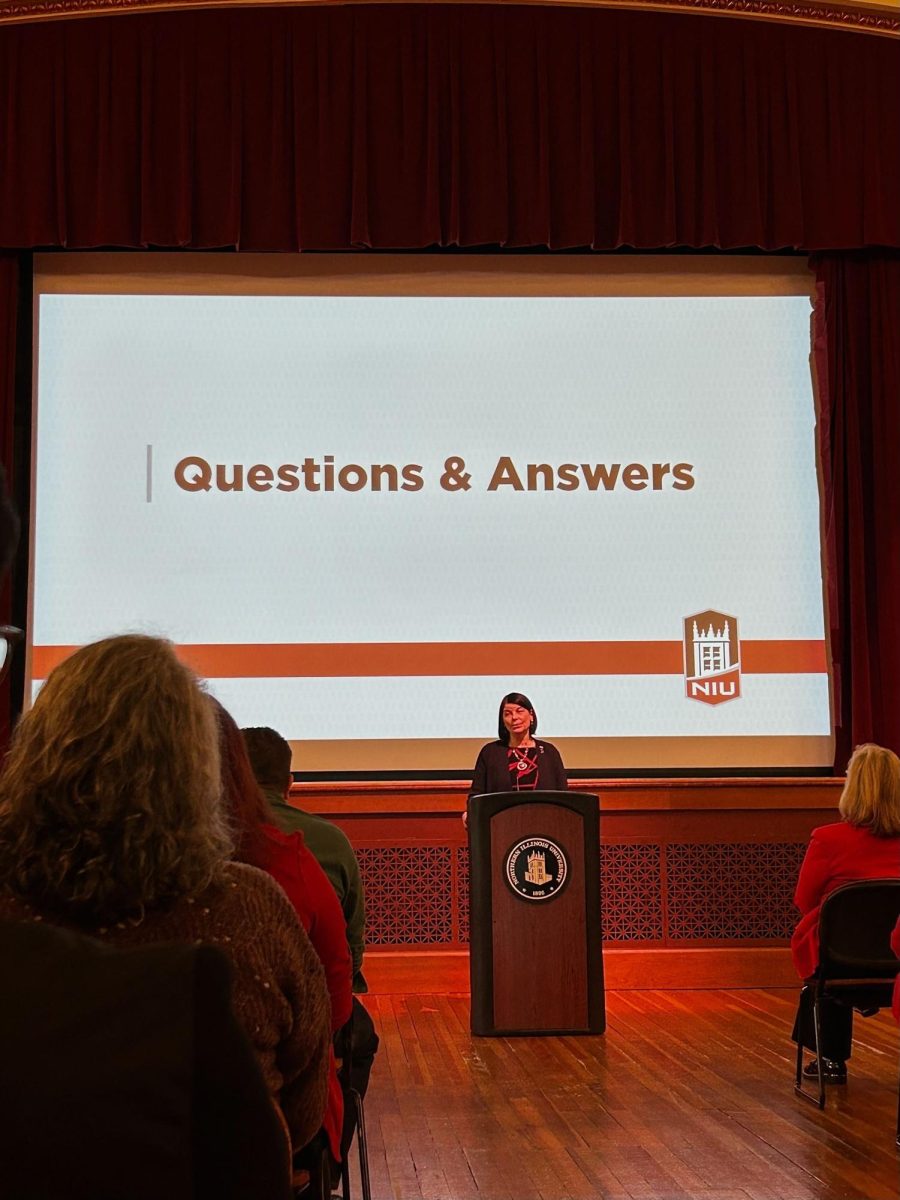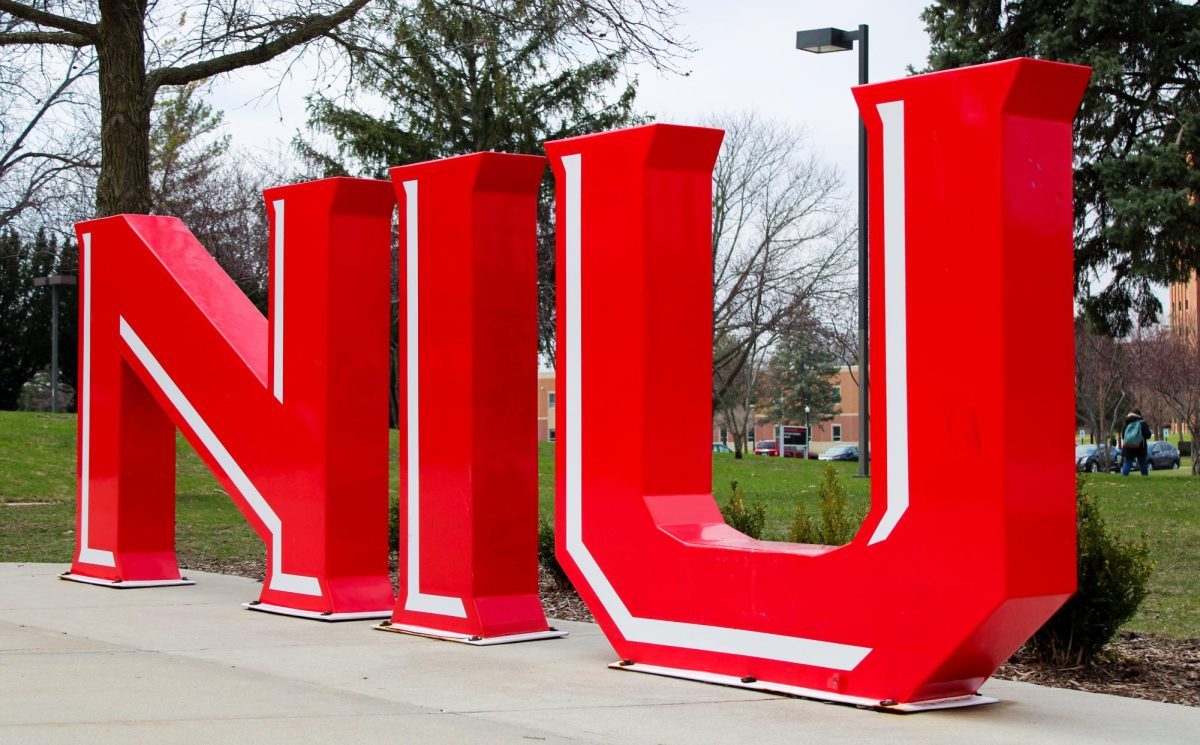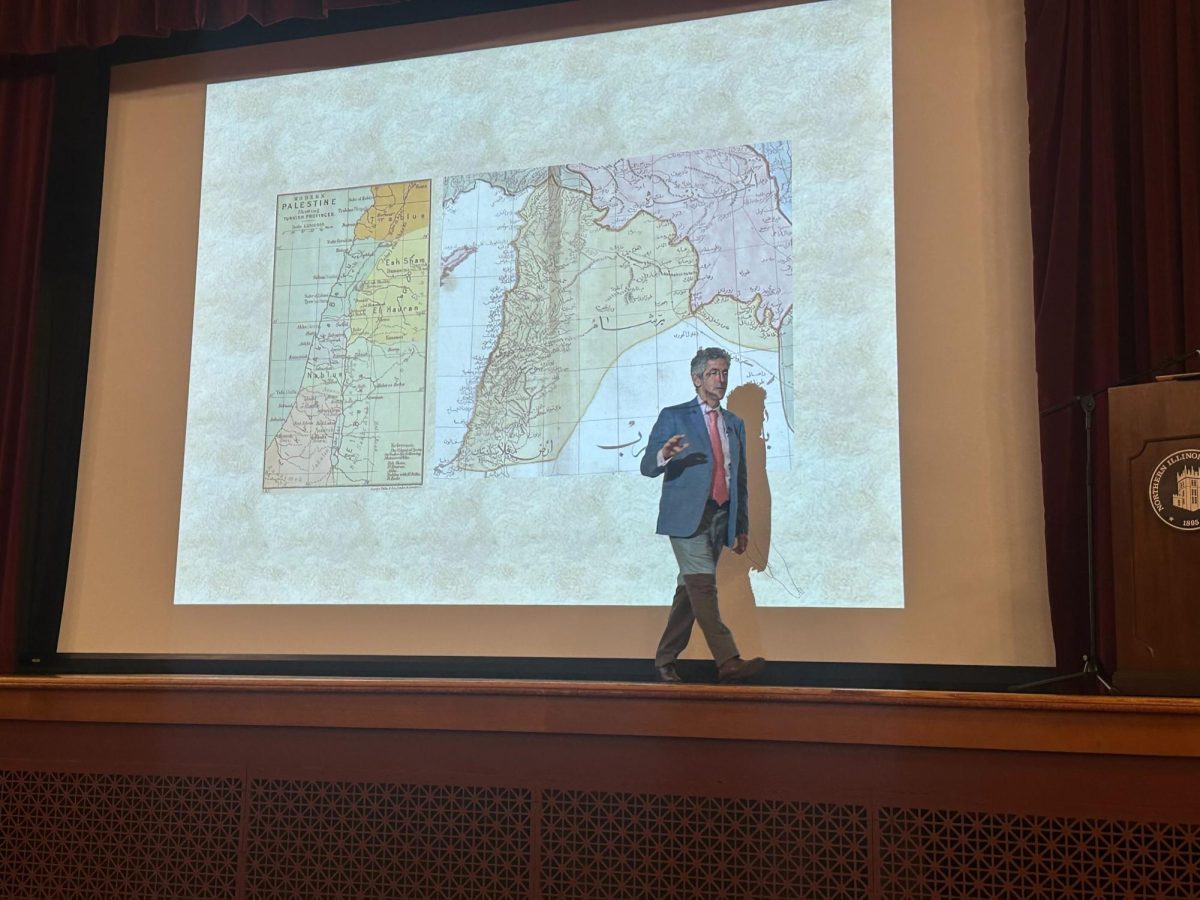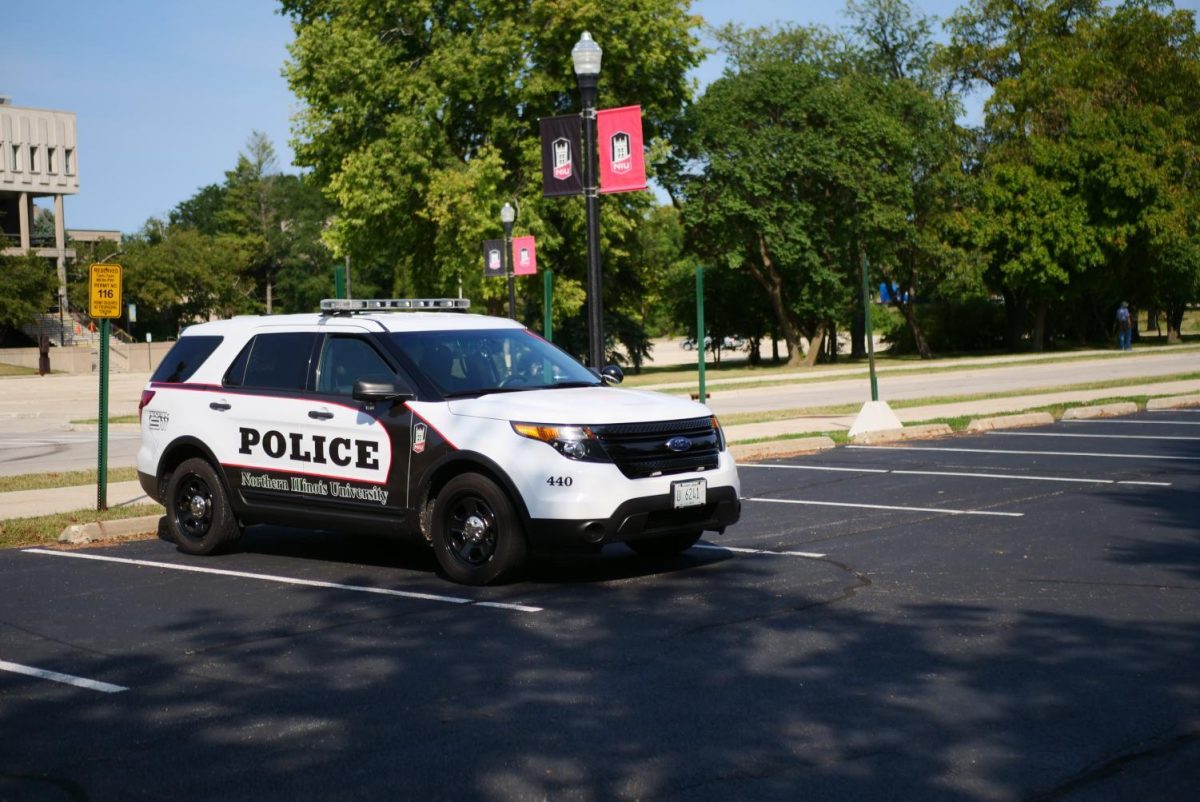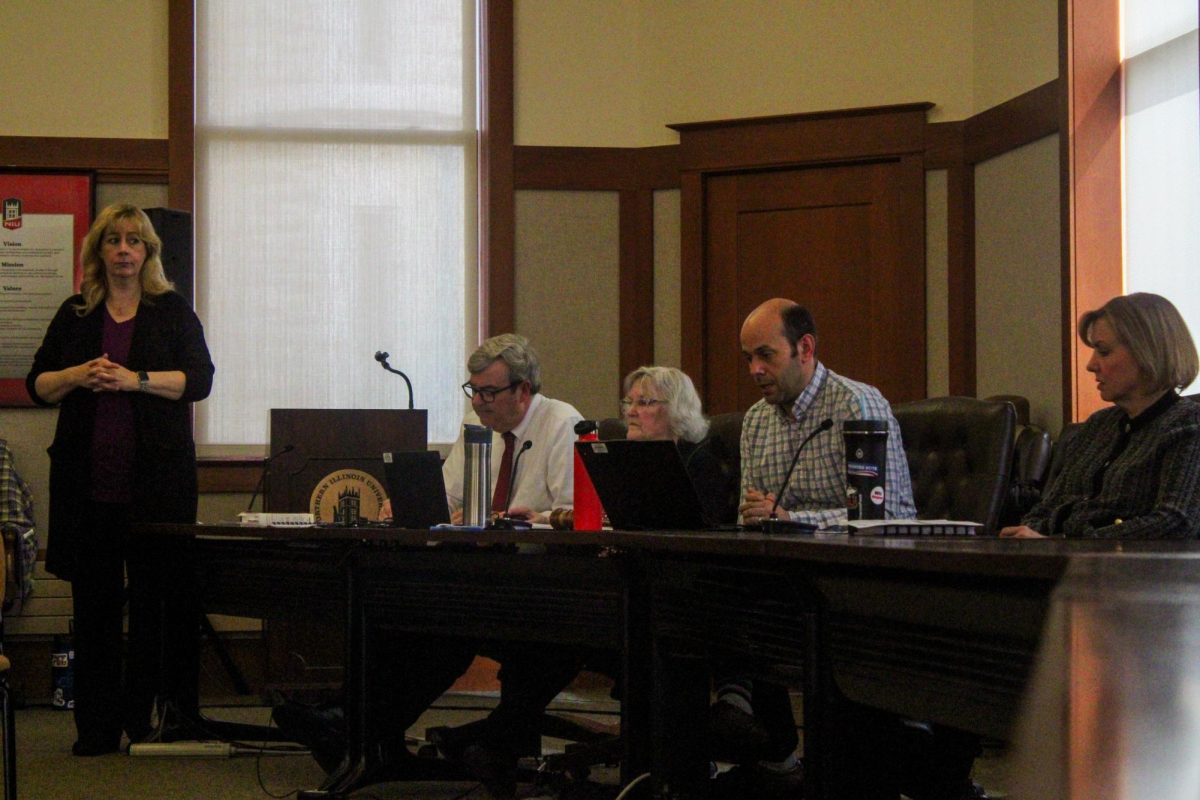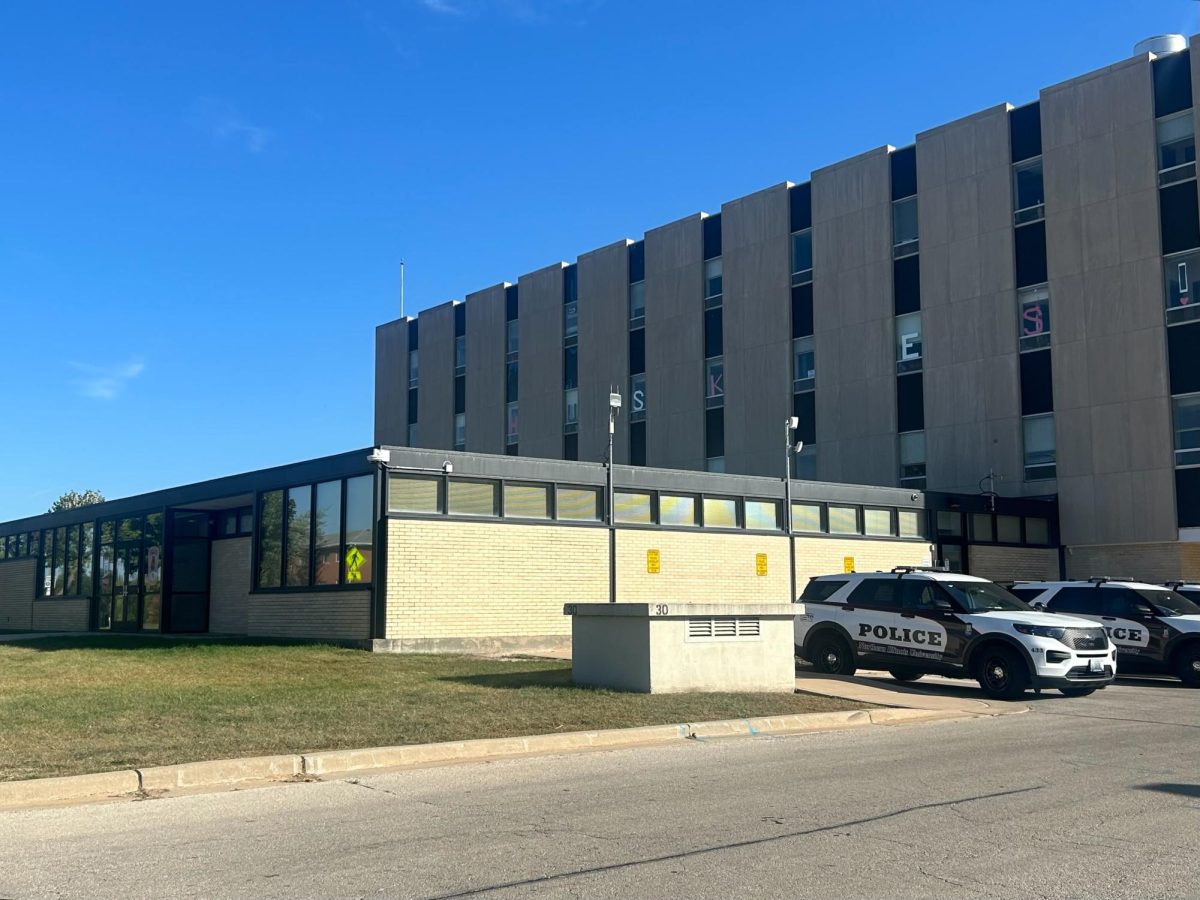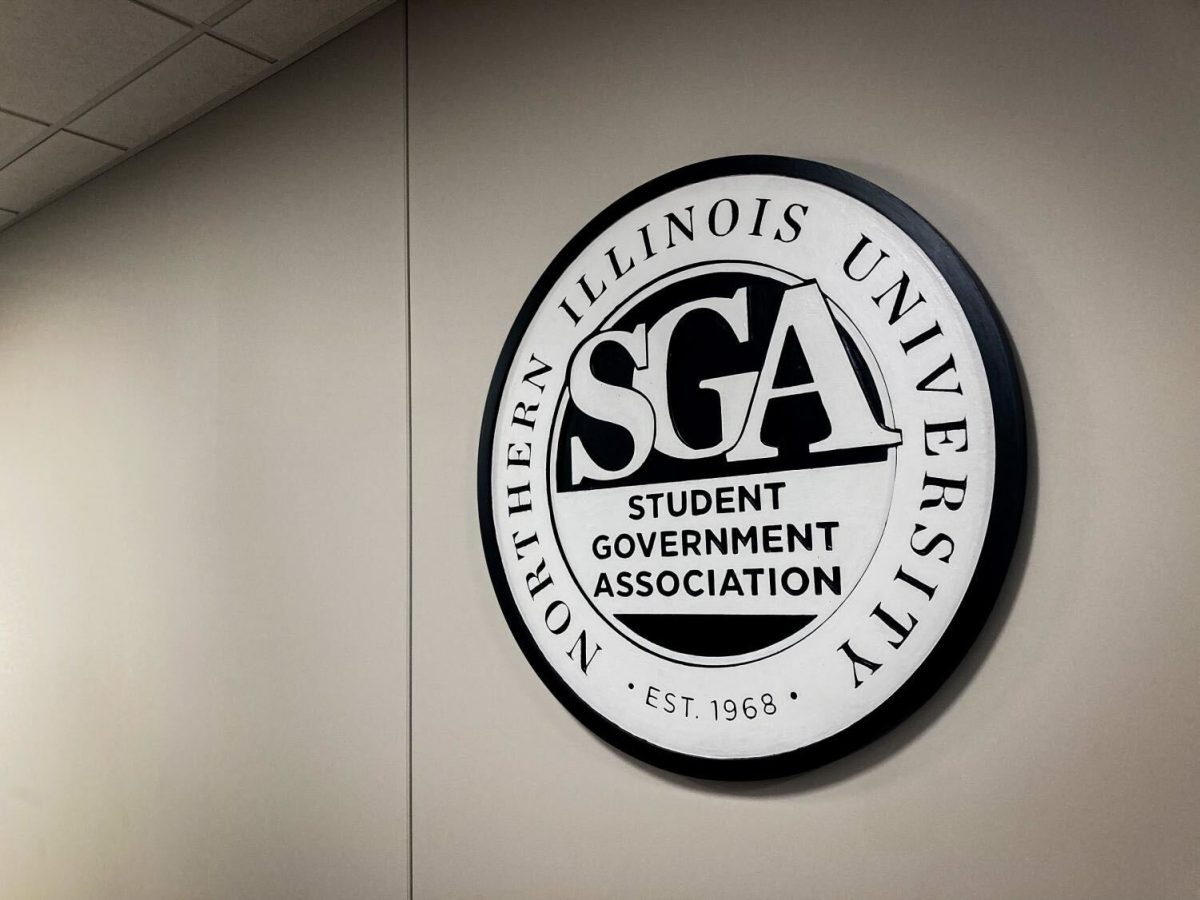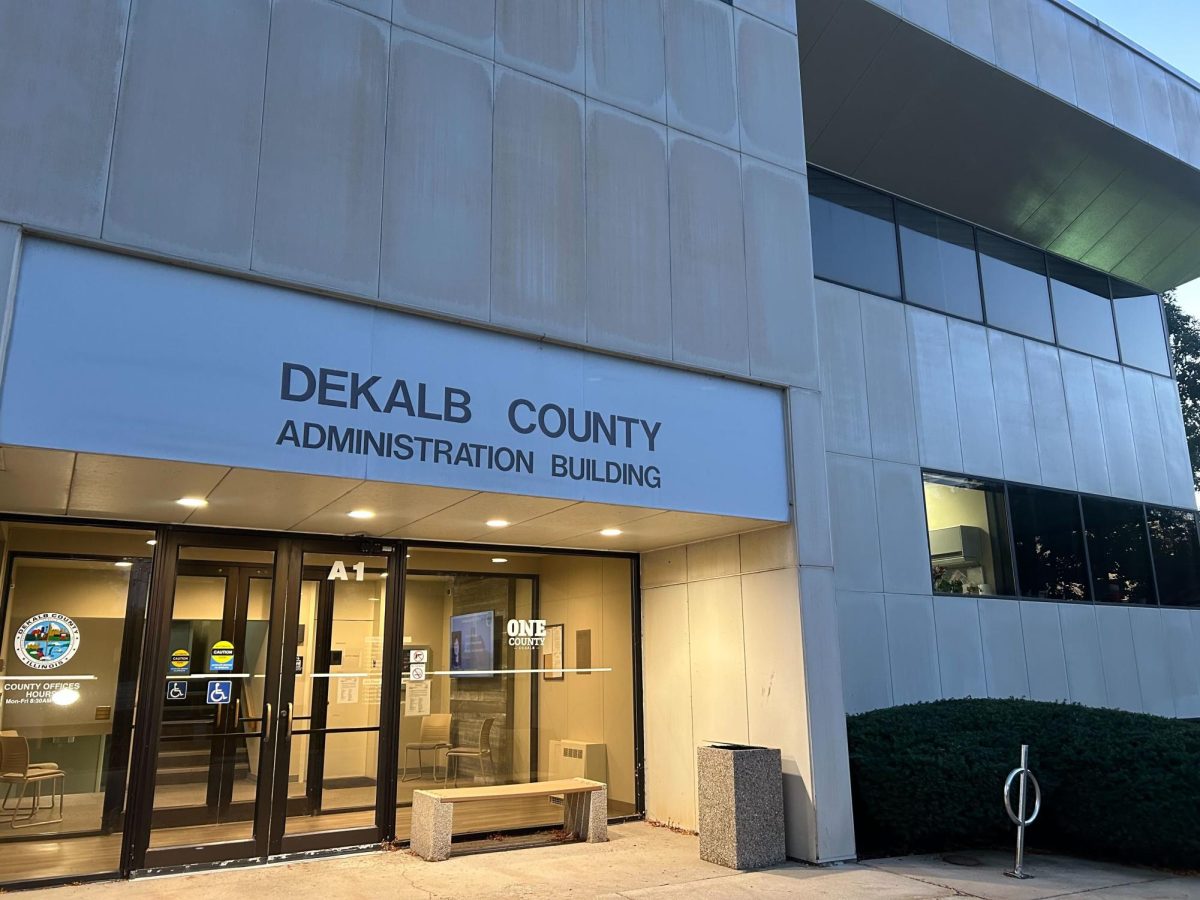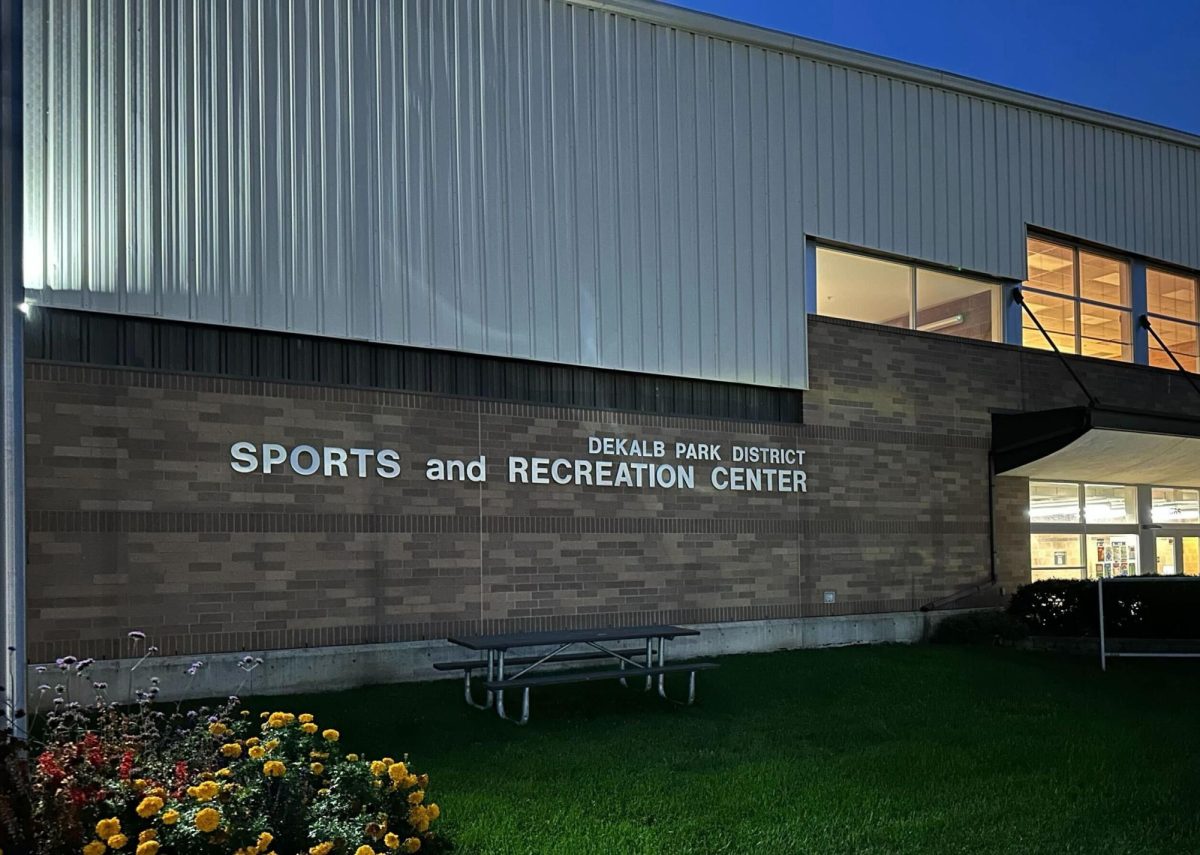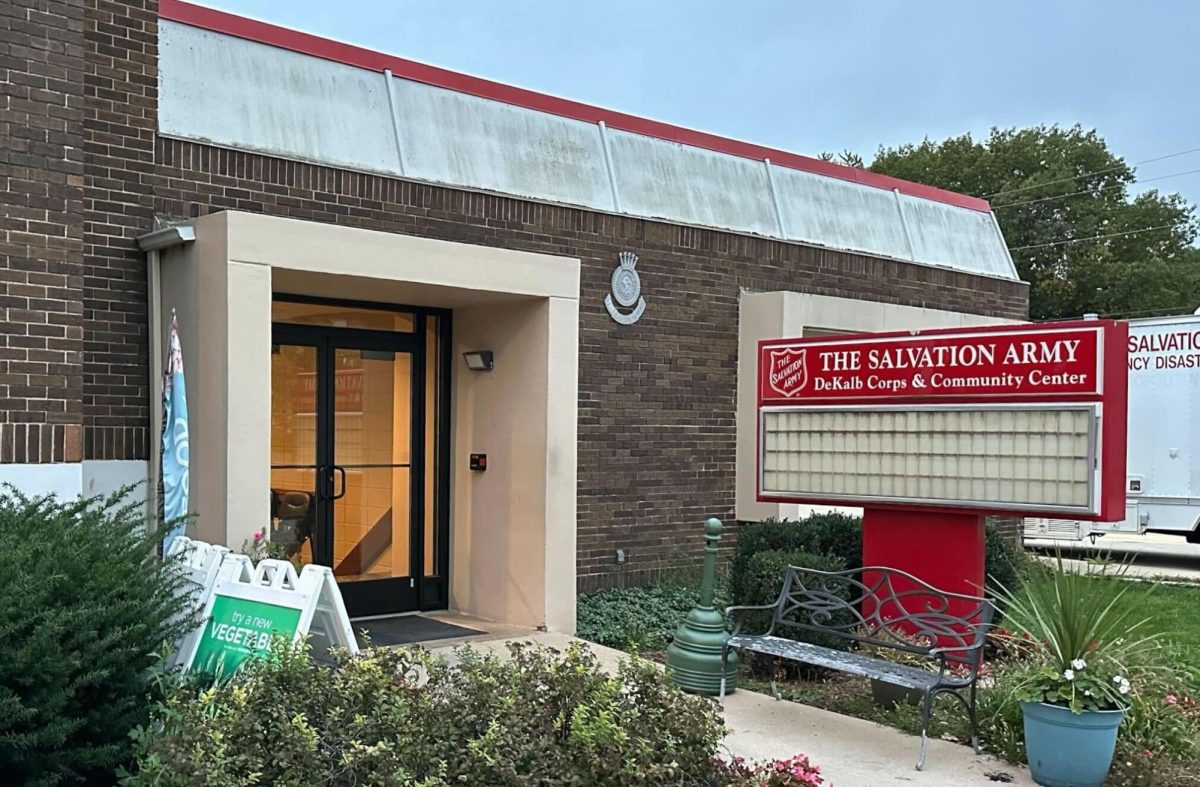DeKALB- NIU President Lisa Freeman emphasized a focus of maintaining access to opportunity and academic excellence in light of budget and position control concerns in her State of the University address on Tuesday.
Freeman reflected on a year of academic accomplishment and improved student retention as well as ongoing struggles to balance the university budget amidst uncertainty surrounding the new presidential administration.
“In this new era, division and chaos are being deployed daily to serve an agenda,” Freeman said while referring to changes in federal administration and financial management. “We join universities across the nation grappling to respond to intentionally ambiguous guidance. We don’t know what tomorrow will bring, but we do know that we’ll endure.”
Discussion around federal funding for education and research was addressed with President Freeman noting that federal grants and contracts account for over one third of the university’s external funding.
“Accordingly, the aggressive efforts of the current administration to cut funding for the science, arts and humanities pose a threat to programs that support NIU’s vision and mission,” she said.
Continuing to provide accessible higher education in order to foster social mobility is imperative and NIU will not waver in its mission to provide support to students according to Freeman.
Freeman said CollegeNET and the Wall Street Journal College Pulse recently cited NIU as a leading university nationally in social mobility.
Currently, a third of NIU students graduate with no debt, 47% of students do not pay any out of pocket tuition, 85% of all students receive some sort of financial aid, and 64% of the student population receives institutional scholarships, Freeman said.
Despite increases in tuition for the upcoming fiscal year, Freeman said expanding the AIM HIGH financial support program to also include a campus housing grant for eligible students is consistent with university efforts to maintain accessibility for all students.
Additionally, Freeman said NIU reached its highest fall-spring re-enrollment rate ever at 86.1%.
The address shifted to discussion surrounding an increased focus on community engagement as well as transdisciplinary research opportunity, citing the Baustert Bahwell Center will become a point of innovation.
The $40 million donation is set to be built in place of the old Lincoln Hall and will provide students with increased resources for medical and transdisciplinary research.
“The gift is a part of ‘Forward,’ the campaign for NIU, our comprehensive fundraising campaign that will showcase to donors how they can help NIU continue to fulfill all aspects of our mission,” Freeman said.
The campaign is currently set to launch formally to the public June 17.
Shifting to budgeting concerns, Freeman referred to the new NIU.edu/budget website to open conversations around updated employee compensation philosophy and plans to decrease the university deficit.
Freeman highlighted progress in employee compensation since the COVID19 pandemic with a $7 million increase in investment towards compensation, but noted that this compensation makes up 56% of university expenses.
Freeman expressed optimism for the future of NIU with a potential 3% increase of state appropriation of funding and “Zero Based” budgeting approach.
After closing the formal address and opening the floor to questions, Freeman responded to concerns regarding budget cuts and position control. Specifically, numerous individuals raised questions surrounding funding or staffing cuts for TA/GA positions across the university.
“The administration has not directed elimination of GA lines, but I know there are rumors out there. I think it’s understandable in the world we’re living in right now,” Freeman said in response.
Freeman explained that federal funding and position cuts have led to concern surrounding university operations before encouraging students to reach out to administration for clarity.
“We are certainly executing positions in the fall so that we can close our deficit and give ourselves the runway and space to make some of these organizational changes that we need to be structured for the future – but we’re not doing these things only because of the budget,” Freeman said.
One such instance was given as an example of this position execution in which two roles were combined into one.
On the line of position changes, Freeman shared that the state’s defined “extra-help” category has not always been used appropriately by the university, to which she claims they have been called out on in audits as well as stating that it has created a lack of clarity in defining departmental need.
In a statement given by Hayley Neiling, president of the Graduate Student Association, on behalf of the group, they expressed frustration with what they called a “lack of transparency” in regard to the financial decision making for graduate assistants.
“We implore the administration to follow through on their commitment to equity and justice for all students. No student or employee of the university should have to rely on SNAP to eat, but these are the realities of our graduate assistants,” said the shared statement.


